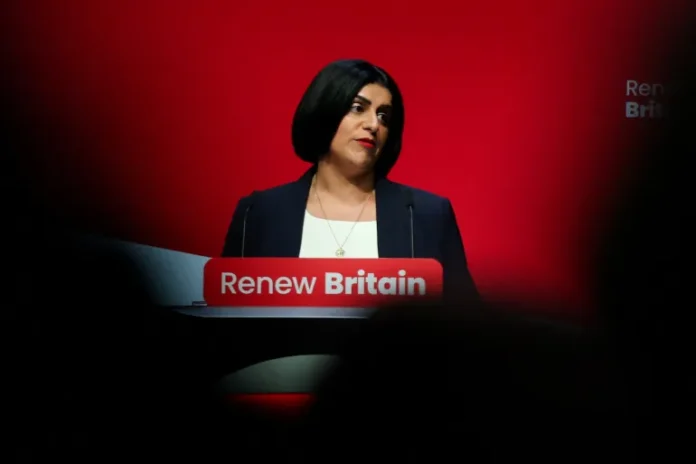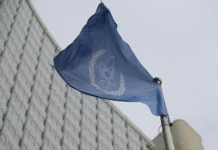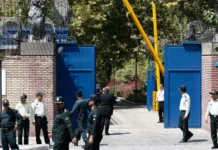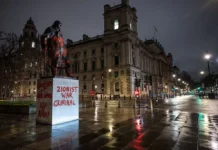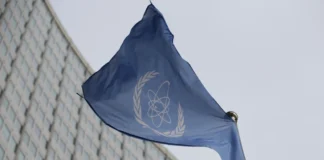Home Secretary Shabana Mahmood has unveiled the most radical restructuring of the United Kingdom’s asylum system in modern times, announcing a policy that will make refugee status temporary and force those granted protection to wait up to 20 years before they can apply to settle permanently.
The reforms, set out in a statement to the House of Commons on Monday, November 17, 2025, are designed to deter illegal migration and dramatically scale up the removal of those whose claims fail.
The policy statement, formally updated on Wednesday, November 19, represents a profound shift in Britain’s approach to asylum. Under the new system, individuals granted refugee status will not receive immediate permanent settlement but will instead be subject to temporary permission to stay, with their status regularly reviewed.
The government’s objective is to break the business model of people-smuggling networks and reduce the number of asylum applications. Framing the changes as a necessary response to a broken system, Home Secretary Mahmood told Parliament, “With permission, Madam Deputy Speaker, I will make a statement about how we restore order and control to our borders. I do so as this Government publish the most significant reform to our migration system in modern times.”
The government’s rationale, as explained by the Home Secretary, is that the scale of illegal migration is profoundly damaging to social cohesion. In earlier comments reported by the BBC, Ms Mahmood stated that illegal migration is “tearing the country apart.”
The reforms align the current Labour government more closely with the hardline approaches of its Conservative predecessors, signalling a cross-party consensus on the perceived need for stringent immigration control amidst record numbers of people crossing the English Channel in small boats.
However, the announcement was immediately condemned by refugee charities and human rights organisations, which warned of dire humanitarian consequences and potential legal challenges.
While not directly quoted in the initial government releases, bodies like the UNHCR have historically criticised such measures as undermining the spirit of the 1951 Refugee Convention. Critics argue that the plans will not stop dangerous journeys but will instead create a perpetually precarious underclass of refugees, unable to build a secure life in the UK and reliant on charitable handouts, causing immense human suffering.
The Home Office now faces the immense operational and legal challenge of implementing these changes. The next phase will involve drafting the detailed legislation required to enact the reforms, a process that will be closely scrutinised by backbench MPs, the House of Lords, and the courts.
As the debate intensifies, the fundamental question remains whether these measures will effectively address a complex global challenge or simply exacerbate the hardships faced by the world’s most vulnerable people.
By Were Kelly









